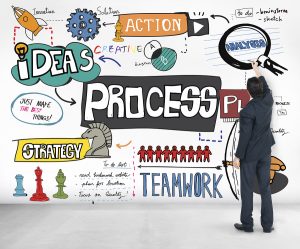
The Inner Mindset of an Effective Leader
What distinguishes effective leaders from their mediocre colleagues? It’s mindset. Leaders with a growth mindset use every challenge as a learning goal. Effective leaders have

What distinguishes effective leaders from their mediocre colleagues? It’s mindset. Leaders with a growth mindset use every challenge as a learning goal. Effective leaders have

In my work as a coach, I find that the inner game, i.e. the stuff of character, is the hardest, yet most significant, aspect of

The most challenging part of growing brilliant leaders who will thrive in 21st century business is coaching the inner game of leadership. Today’s leaders must

If you want to tap into your personal passion, self-knowledge is essential. Do you know your strengths? In business, nobody will manage your career if

While some enjoy promoting its seemingly magical qualities, intuition isn’t some mysterious gift or touchy-feely psychic ability. There’s science behind it, which means you can

If managing people were easy, then it would be a snap to build peak performance in five easy steps. In all my years working with

I’ve been writing about the value of knowing your strengths at work so you can get more out of your career. If you haven’t taken

If you want success at work, you’ll need to focus on playing to your strengths at work. But how do you know what they are?

I’ve been emphasizing the benefits of strengths-based leadership rather than managers trying to fix people’s weaknesses, in my previous posts here and here. In Strengths

When management practices strengths-based leadership, they hire and form stronger teams, sparking an eightfold increase in the odds of engaging employees in their work. This

Join Nancy as she talks with Meredith Hirsh, her client, on her podcast, Working Healthcare. Learn when to seek a therapist versus a coach and

Listening may be the most difficult skill to master when communicating effectively. But master it, we can! The non-verbal part of communicating is the most

How do you test your leadership insights? “Innovation is seeing what everybody has seen and thinking what nobody has thought.” ~ Dr. Albert, Szent-

An organization’s health is only as sound as its leader’s decisions. Some companies prosper from wise leadership directions, while others struggle after flawed choices—choices that







